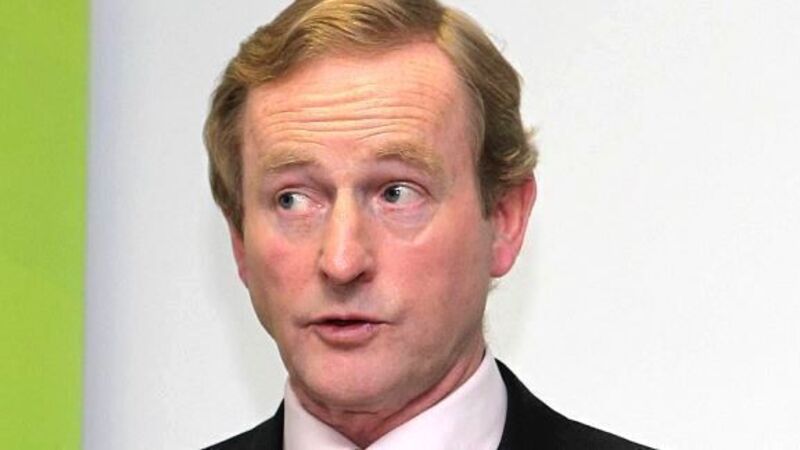Ministers defend tax rate amid EU probe

Taoiseach Enda Kenny moved to limit reputational damage after the EU launched a surprise probe into a range of “sweetener deals” which saw Ireland branded a tax haven in the US Congress earlier this year.
Mr Kenny seized on remarks by the head of the OECD block of industrialised nations, Angel Gurria, who came to Ireland’s aid by dismissing the haven allegation.













